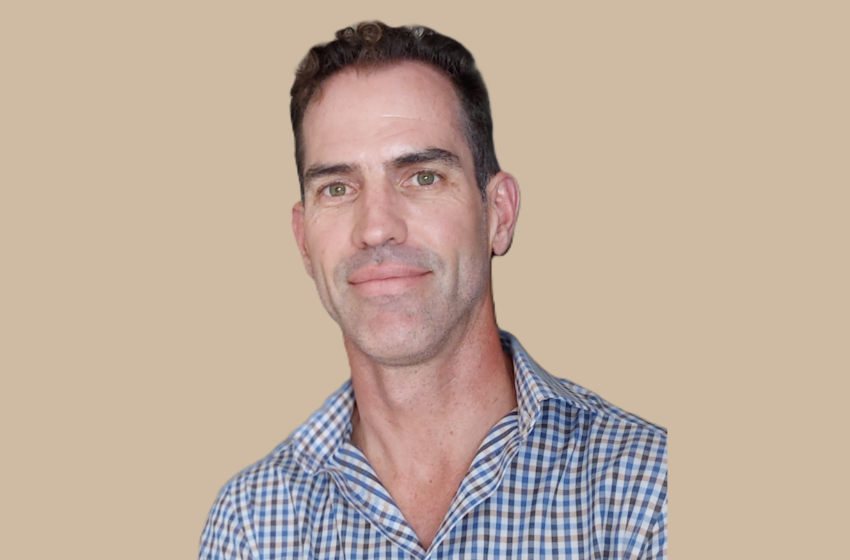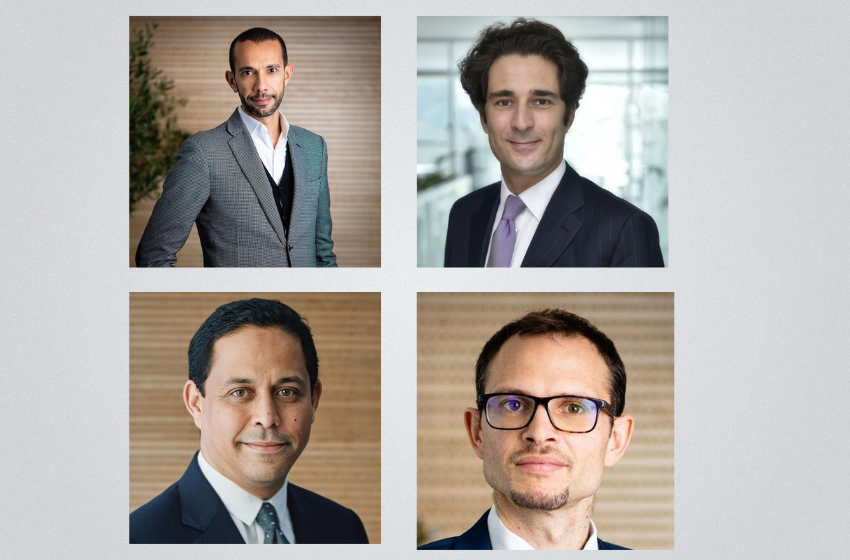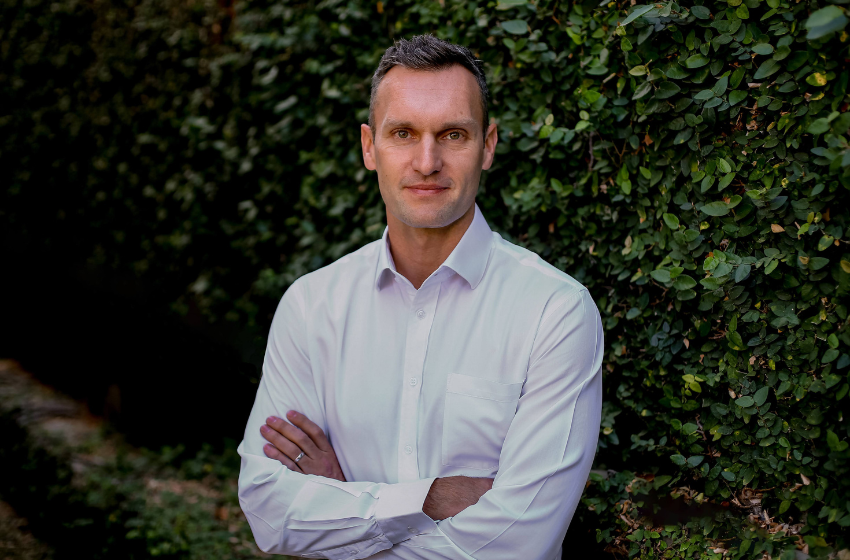
By Bradly Howland – President-Elect: Public Relations Institute of Southern Africa (PRISA)
There is no question that the public relations profession is changing. But the change is not collapse. Transformation is not crisis.
Globally, and here at home, PR is not standing still. It’s standing up.
The 2024–2025 ICCO World PR Report provides powerful evidence of a profession rising to meet new demands, with greater relevance and renewed purpose. It reveals a field that is expanding in scope, strategic in its contribution, and essential to how organisations build trust and stay resilient in a fast-moving world.
This is not the end of PR. It’s the beginning of something more powerful.
A profession in motion, not in decline
The ICCO World PR Report draws from agency leaders across 82 countries. The report points to an industry that is growing, adapting, and becoming increasingly recognised for its strategic value.
It’s findings are clear:
79% of global PR leaders are optimistic about the future.
- C-suite access is growing, as communicators take on leadership roles in trust and risk management.
- Demand is surging in areas like ESG, internal comms, crisis communication, and public affairs.
- PR is being recognised not just for what it says, but for the strategic value it brings in decision-making.
This is not an industry retreating. It’s an industry evolving.
The expanding role of communicators
Today, communicators are not just telling stories – they are shaping strategies and business operations. They are navigating reputational risk, advising leadership teams, and building bridges of trust between organisations, stakeholders and the societies that they serve.
In a world where trust is the new currency, PR professionals are not just storytellers. They’re sense-makers, crisis navigators, and conscience keepers.

Yes, there’s work to do
We don’t deny the challenges. Talent development (and acquisition), burnout, budget constraints, and a need for more measurable impact remain both local and global issues. But, the ICCO report doesn’t sound the alarm. It calls for action.
At PRISA, we are answering the call.
We continue to invest in equipping professionals through upskilling, mentoring, and certified training. We are championing diversity and transformation across the profession, while elevating ethical standards and redefining what responsible, future-fit PR looks like.
At the same time, we are creating platforms for young professionals to be seen, heard, and shaped into the leaders our industry needs for tomorrow.
Where PRISA stands
We believe this is a defining decade for PR and communications. Not because it’s under threat. Rather, it’s because it has never mattered more.
As the SAQA-recognised professional body for PR and communication in Southern Africa, PRISA remains committed to upholding ethical standards that strengthen our credibility, futureproofing the industry through education and development, building a stronger and more inclusive pipeline of incredible talent and qualified professionals, as well as advocating for the value of PR across the region and on the global stage.
Let’s not waste this moment
The conversation about the future is important. But, let’s ensure that it’s not driven by fear. Instead, let’s shape it with facts, momentum and with a strong vision.
The PR industry is not at a dead end. It’s at the start of a more expansive, more essential chapter.
Let’s meet this moment, together.
- As the sole SAQA-accredited body for PR and communication, PRISA has been pioneering excellence for nearly 70 years. Our members drive the narratives behind Africa’s leading brands, shaping societal trends.
- From corporate giants to emerging enterprises, PRISA is the touchpoint for Southern Africa’s PR industry, championing ethics, diversity, and growth.
- For more information, visit https://www.prisa.co.za/
Issued on behalf of PRISA by Alkemi Collective.
Share via:



















